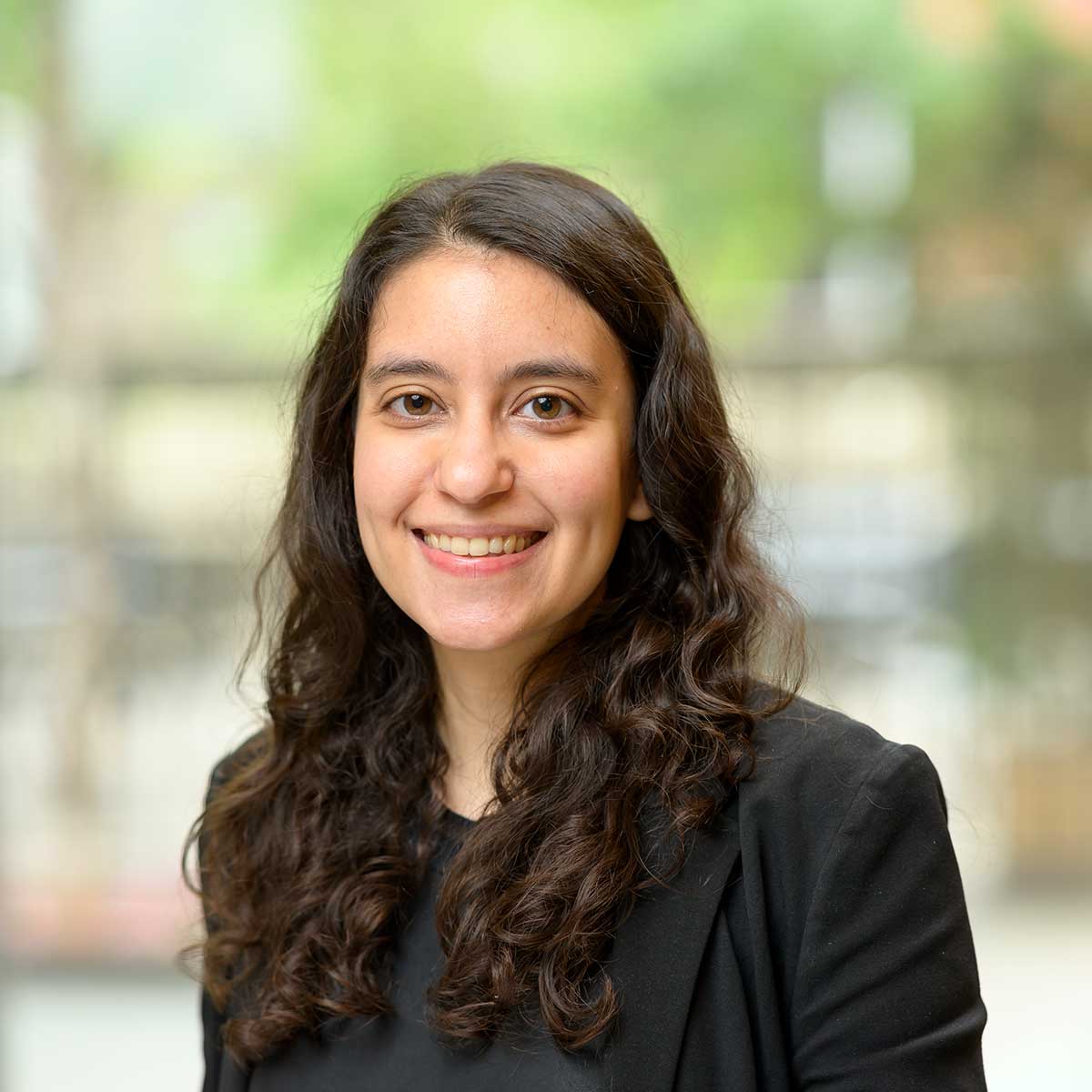Our Mission
To advance the knowledge and practice of psychosocial cancer care for all members of society by eliminating barriers to inclusion and alleviating disparities.
To support APOS scientific and program efforts that address health equity, including:
-
- To foster awareness of health disparities in cancer, enhancing culturally and socio-ecologically responsive prevention/early detection/quality of life/psychosocial care, and promoting diversity inclusion in our field.
- To promote research, and clinical and supportive care to identify cancer disparities and promote optimal health related quality of life and survivorship outcomes for all.
- To develop and evaluate community‐based, culturally informed and clinically‐responsive research methods to enhance recruitment and retention of underserved and ethnic minority cancer populations in behavioral research trials.
To ensure that APOS scientific and program efforts involve a diverse and inclusive group of people
Meet Our Chairs

Traci N. Bethea, Ph.D., M.P.A.
Dr. Traci N. Bethea is an Assistant Professor in the Office of Minority Health and Health Disparities Research and the Cancer Prevention and Control Program at Georgetown Lombardi Comprehensive Cancer Center. Her research focuses on chemical and non-chemical stressors underlying cancer health disparities affecting Black women. Most relevant to psycho oncology, she has ongoing projects investigating the role of poor sleep and sleep disparities on aging among cancer survivors and has collaborated on projects investigating the role of discrimination on function among cancer survivors and testing a tailored web-based cognitive behavioral therapy for insomnia program among Black women. Other current work examines environmental exposures and other risk factors for accelerated aging among breast cancer survivors, risk factors for ovarian cancer incidence and survival, and the health effects of sleep disturbances. Her research on modifiable factors and breast cancer survivorship among Black women has been supported by a career development award from the National Cancer Institute. New research directions aim to apply a cells-to-society lens for actionable research leveraging relationships between the biologic, individual, and macroenvironmental levels to reduce socially patterned cancer disparities. Dr. Bethea’s research program also seeks to incorporate stakeholder perspectives and to engage minoritized scholars through ongoing education, outreach, and research translation activities. Dr. Bethea received a PhD in Environmental Health from Boston University School of Public Health and completed postdoctoral training in cancer epidemiology with the Black Women’s Health Study at the Slone Epidemiology Center at Boston University.

Devika Jutagir, PhD
Dr. Devika Jutagir is an Assistant Attending Psychologist within the Immigrant Health and Cancer Disparities Service of the Department of Psychiatry and Behavioral Sciences at Memorial Sloan Kettering Cancer Center. She received her PhD in clinical health psychology from the University of Miami, completed a pre-doctoral clinical psychology internship in the Behavioral Medicine Service at Yale University, and completed a post-doctoral fellowship in psycho-oncology at Memorial Sloan Kettering Cancer Center. She provides psychological services to adults diagnosed with cancer at Memorial Sloan Kettering's Ralph Lauren Center in Harlem, and conducts cancer disparities research to increase access to cancer care and mental healthcare. She has been a member of APOS since 2020, during which time she has been a Health Equity Scholar, has served on the Awards Committee and Mentoring Committee, and has participated in the Mentoring Program as both a Mentor and a Mentee.
________________________________________
We Welcome New SIG Members
One of the APOS member benefits is to join the conversation on Groupsite with any of the 10 Special Interest Groups (SIGs). This is a very engaging conversation platform and the Executive Office is happy to help you navigate this platform and help you set up your profile to begin networking.

